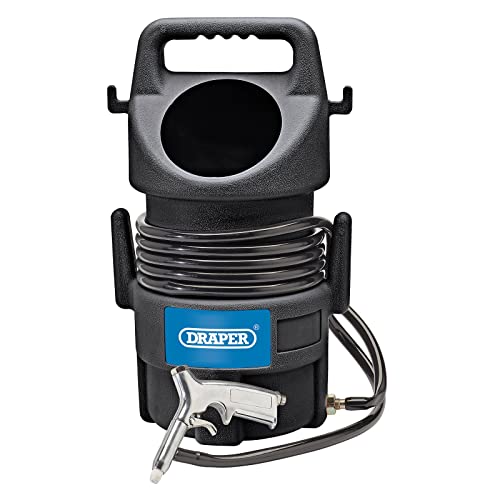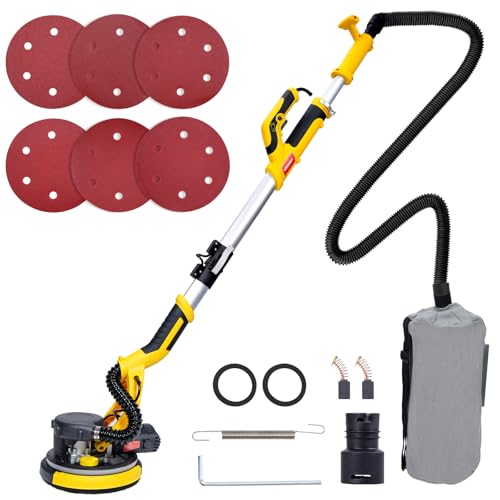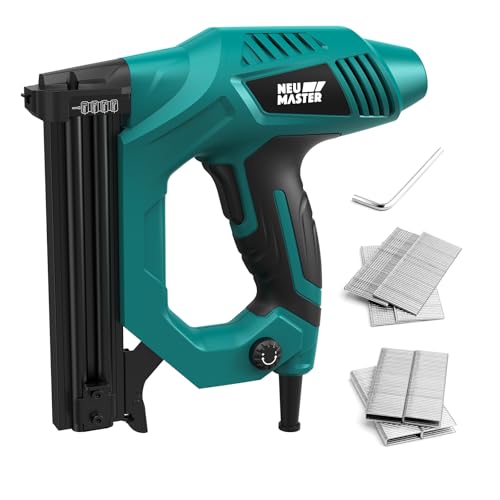Understanding Dutch Ovens: Perfect for Every Kitchen
What is a Dutch Oven?
A Dutch oven is a versatile cooking pot, typically made from cast iron, that comes with a tight-fitting lid. Imagine making a hearty stew or baking bread in a beautifully crafted pot that can go seamlessly from stovetop to oven. This multi-functional cookware often features an enamel coating which adds to its aesthetic and makes cleaning easier. They are available in various sizes and colours, making them not just practical but also a stylish addition to any kitchen.
Why Choose a Dutch Oven?
Dutch ovens are known for their excellent heat retention and distribution. This means whether you are simmering, baking, braising, or frying, your food will be cooked evenly. Picture a slow-cooked beef casserole that melts in your mouth or a loaf of crusty bread that rises perfectly in a hot, sealed environment. For those who love to cook or entertain, having a Dutch oven opens up a world of possibilities.
Exploring the Benefits of Cooking with Dutch Ovens
Versatility in Cooking Methods
One of the standout benefits of a Dutch oven is its versatility. It can handle a variety of cooking methods like braising, frying, roasting, and baking. You might find yourself using it daily, from making a simple vegetable soup on the stovetop to roasting a chicken in the oven. Each method enhances the flavours, making your meals richer and more satisfying.
Durable and Long-lasting
Investing in a Dutch oven means you’re choosing a piece of cookware that is built to last. With proper care, your cast iron Dutch oven can last for generations. Imagine passing it down to your children or using it for family gatherings, adding to its character with every meal cooked within it. Unlike other pots that may warp or deteriorate, a Dutch oven can resist the test of time.
Choosing the Right Dutch Oven for Your Needs
Size Matters
When selecting a Dutch oven, size is crucial based on your cooking needs. If you frequently cook for a large family or love hosting, a bigger model like a 6 to 8-quart oven is ideal. Conversely, if you usually prepare meals for yourself or a partner, a smaller 3 to 5-quart option will suffice. Think about your typical meal sizes when making your choice.
Material Considerations
Most Dutch ovens are made from cast iron, but there are enameled options available too. Enameled cast iron offers easier cleaning and comes in various colours, which can brighten up your kitchen. Non-enameled versions can be seasoned for a natural non-stick surface and are often more affordable. We encourage you to consider how you’ll be using it regularly to select the best material for your cooking style.
Top Dutch Oven Brands You Can Trust
Renowned Brands Worth Considering
There are several reputable brands in the market known for their quality Dutch ovens. Look out for brands like Le Creuset, known for their colourful enameled designs, and Staub, which offers excellent heat retention. If you’re looking for a budget-friendly option, Lodge provides robust cast iron Dutch ovens that are perfect for everyday cooking. Researching these brands can help you choose a Dutch oven that meets your expectations and cooking habits.
Price Ranges and Value
Dutch ovens come in a range of prices, reflecting their materials, brands, and features. While it can be tempting to go for the cheapest option, investing a little more can often yield a product that performs better and lasts longer. We recommend evaluating your budget but also considering the long-term value of a Dutch oven that will stand the test of time and enhance your culinary skills.
Caring for and Maintaining Your Dutch Oven
Cleaning Tips
Caring for your Dutch oven is essential in ensuring its longevity. After cooking, allow it to cool before washing. Avoid harsh detergents, and instead opt for warm, soapy water and a soft sponge. For enameled versions, a gentle scrub will do the trick, while non-enameled ovens can benefit from seasoning occasionally to maintain their non-stick properties.
Storage and Handling
When storing your Dutch oven, ensure it’s completely dry to prevent rusting, as cast iron is susceptible to moisture. Consider keeping a paper towel or cloth inside the pot to absorb any residual moisture. When handling, avoid drastic temperature changes to protect the enamel coating, ensuring your Dutch oven remains in pristine condition for many meals to come.






























